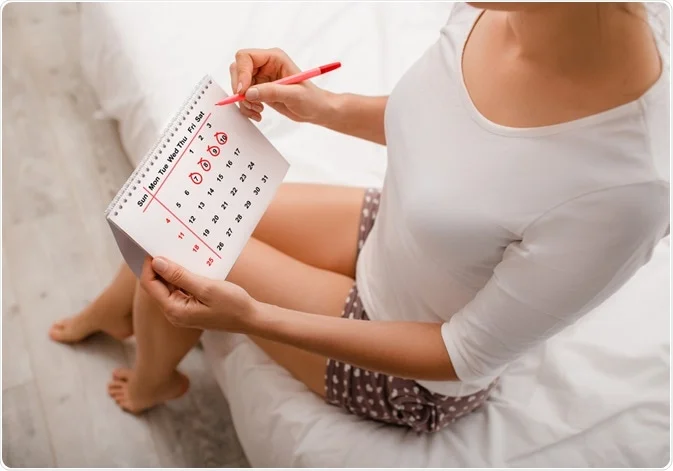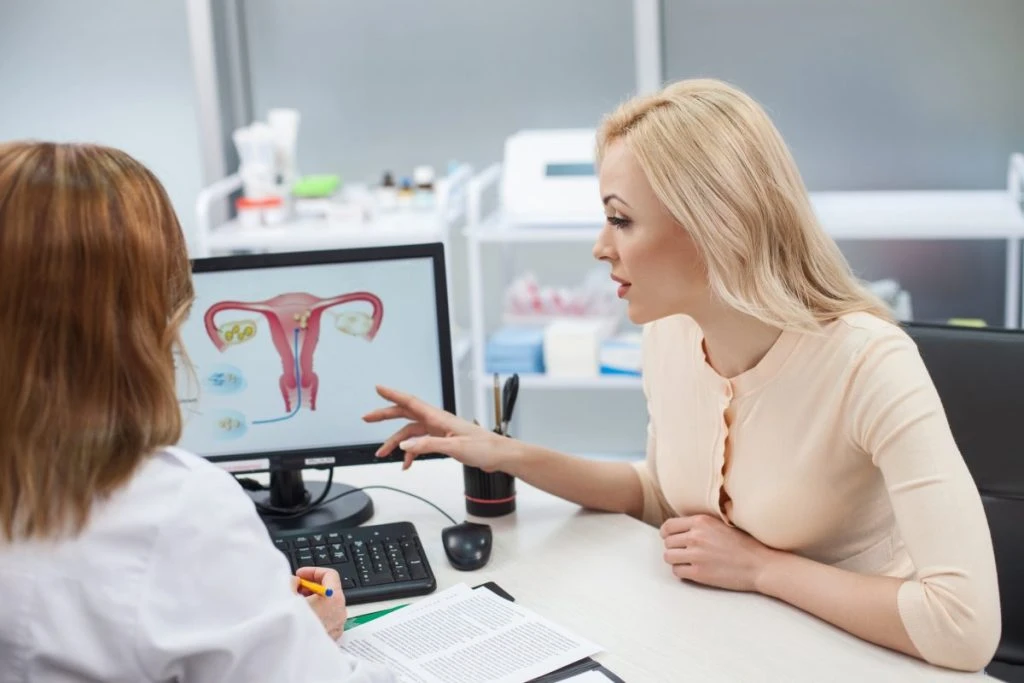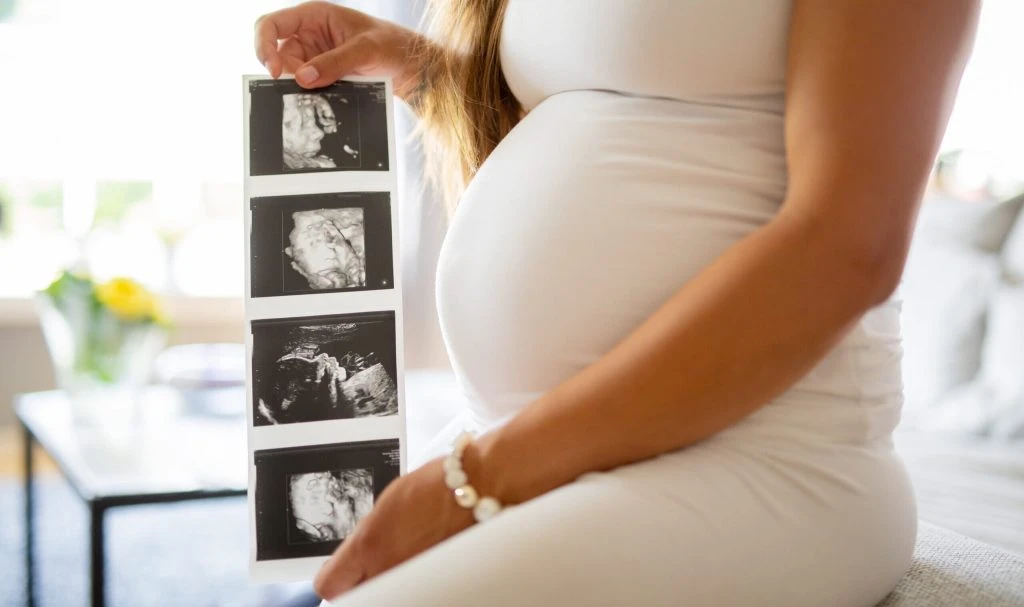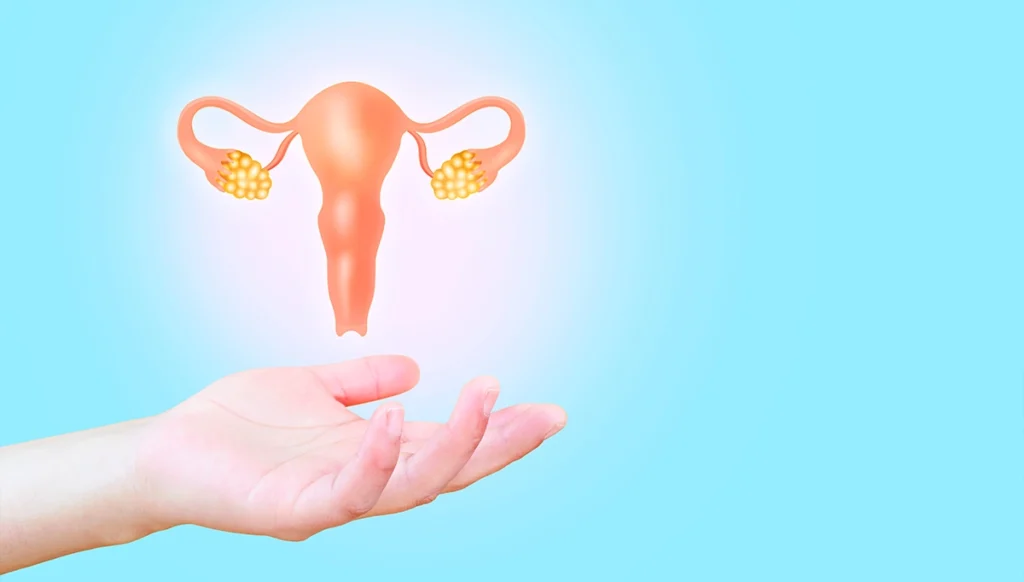Deciding to start a family is a significant and exciting step. One of the key questions many couples have is, “When is the best time to get pregnant?” Understanding your fertility window is crucial in increasing your chances of conceiving. This article explores how to identify the best time for conception.
Understanding the Menstrual Cycle:
The menstrual cycle plays a vital role in fertility. It’s divided into phases: menstruation, the follicular phase, ovulation, and the luteal phase. Ovulation, when an egg is released from the ovary, is the most fertile period.
Identifying Your Fertility Window:
- Tracking Your Cycle: Keep a record of your menstrual cycle for a few months to determine the average length. Ovulation usually occurs about 14 days before your next period starts.
- Ovulation Signs: Look for signs of ovulation, such as increased cervical mucus, changes in basal body temperature, and mild pelvic or lower abdominal pain.
- Ovulation Predictor Kits: These kits test your urine for the surge in luteinizing hormone (LH) that occurs before ovulation.
Factors Affecting Fertility:
- Age: Women’s fertility starts to decline in their late 20s, with a more significant decline after the age of 35.
- Health and Lifestyle: Maintaining a healthy weight, eating a balanced diet, avoiding smoking and excessive alcohol, and managing stress can impact fertility.
When to Seek Help:
If you’ve been trying to conceive for a year without success (or six months if you’re over 35), it’s advisable to consult a fertility specialist. They can provide guidance and potential treatments based on your specific situation.
Empowering Your Family Planning Journey:
Knowing when you’re most likely to conceive can make the process of starting a family more straightforward and less stressful. Our London clinics in Belgravia and Dulwich offer comprehensive fertility assessments and guidance to support your family planning journey.








